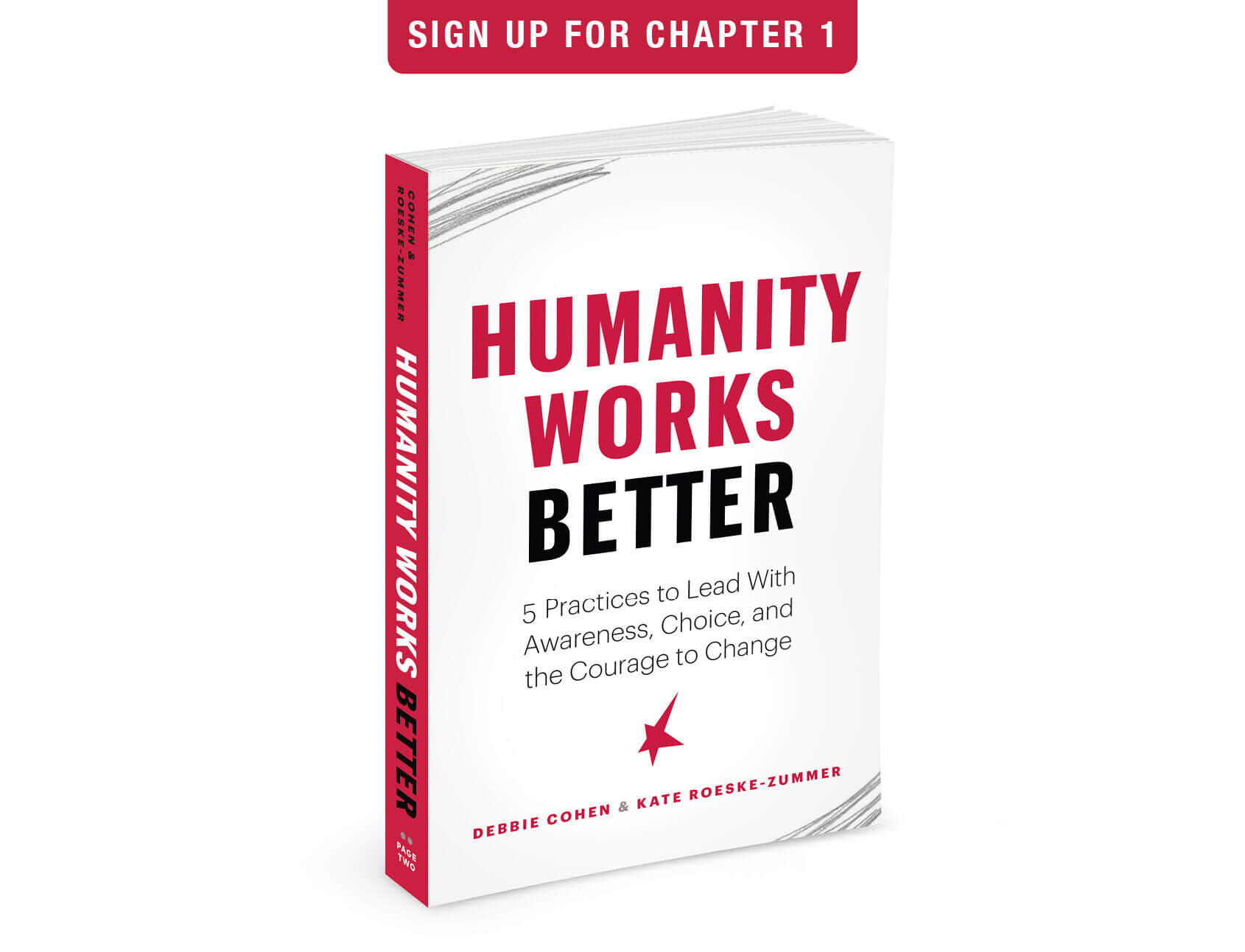
First, let’s be real – we live in a constant state of feedback without realizing it. In its most fundamental form – feedback is input and output. Think about it, you look outside each morning to gauge the weather (input) and decide what to wear (output). Inputs help us determine outputs. Pretty straightforward.
Somewhere along the way the idea of “feedback” became personal. It often begins with someone holding the perspective that your output did not go as expected. Something you did was not how they thought it should be. And they offer input to that effect, typically with the idea that their input will help you do it differently next time.
No matter how eloquently the feedback is offered, it can be confronting and leave you feeling diminished, misunderstood, confused, mad, sad, angry or…(fill in your typical reaction). You get triggered. No one wants that – not you and not the person offering the feedback. So then what?
In their 2014 HBR article, ”Find the Coaching in Criticism” authors Sheila Heen and Douglas Stone note, “the (feedback) process strikes at the tension between two core human needs—the need to learn and grow, and the need to be accepted just the way you are. It is that tension that makes both giving and receiving feedback tough. For decades the emphasis has been on how to deliver good feedback. The secret Heen and Stone share is, while some delivery approaches are more helpful than others, feedback has the potential to hit any combination of three triggers: truth triggers, relationship triggers and identity triggers.
Truth triggers are set off by the content of the feedback. When assessments or advice seems off base, unhelpful, or simply untrue, you might feel indignant, wronged, and exasperated.
Relationship triggers are tripped by the person providing the feedback. You are influenced by what you believe about the messenger and how you feel about your previous interactions. So, you might reject input that you would accept on its merits if it came from someone else.
Identity triggers are all about your relationship with yourself. Whether the feedback is right or wrong, wise or baseless, it can be devastating if it causes your sense of who you are to come undone. In such moments you might struggle with feeling overwhelmed, defensive, shame, or off balance.
Awareness of these three triggers can be helpful for both givers and receivers. For both parties, when triggers get hit, your work is to stay in relationship with one another – to stay in the messiness of the moment and be present in the uncomfortableness of it all. Why? Because those messy moments are a catalyst to addressing the tension. It offers the potential to grow as individuals and to strengthen your relationship. And we get it…it’s hard to do. So, how do you stay in the messiness?
- Take a breath. Pause and become aware of what is happening for you and for them. What triggers have been hit? What might that be about?
- Get curious. Check-in with the other person. What’s needed?
- Listen, deeply. What does your intuition say? What are they saying? What’s not being said?
- Acknowledge the other person – see them.
There is opportunity in this feedback moment. It is a signal of potential growth. When you seek to understand what is happening and make meaning from it, you will each grow and so will your relationship.

